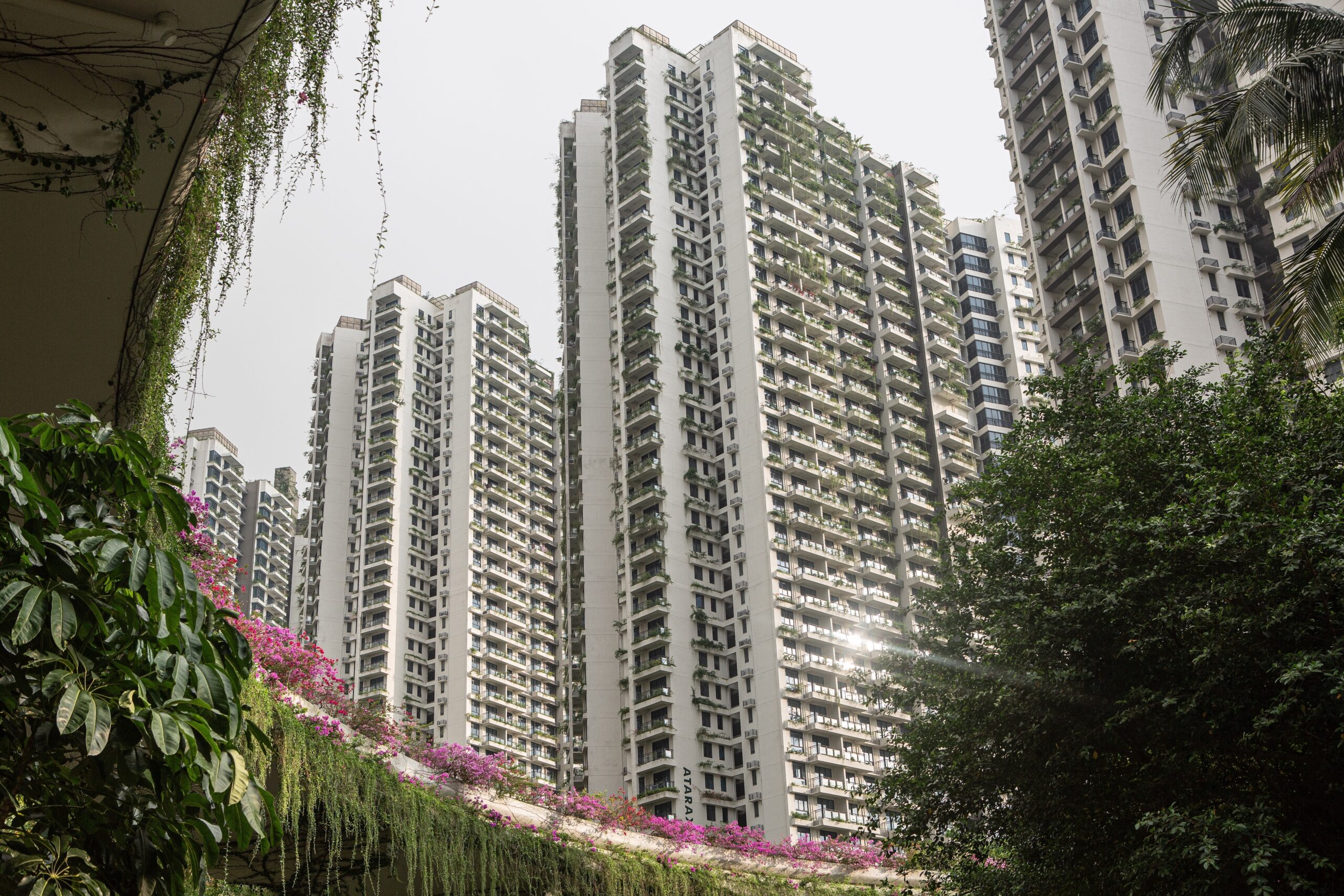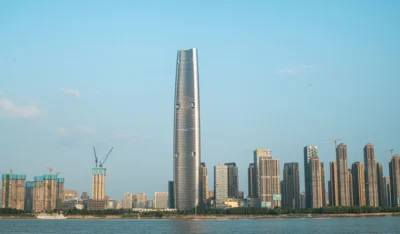Property news roundup: Malaysia’s Forest City 70 percent sold, plus other updates

For PropertyGuru’s real estate news roundup, the Malaysian housing chair says 70 percent of Forest City’s property development has been sold, belying the claim that it’s a “ghost town.” In other real estate stories, the property sector is one of the obstacles dragging down China’s economic recovery, and global property and casualty insurers showed “alarming” underwriting losses in 2022 as natural catastrophes increased and risk models failed to keep up.
70 Percent of property development in Forest City sold – Exco
Seventy percent of the property development in Forest City, Iskandar Puteri, has been sold within the past two years and is set to continue to increase over the next three or four years. In a Bernama report, State Housing and Local Government Committee chairman Datuk Mohd Jafni Md Shukor said the impact of property sales would further boost the economic sector in the area.
“Many unsold properties over the past four years have been sold within two years,” he said. “For example, in Forest City, which people call a ‘ghost town,’ many people do not know that 70 percent of the real estate development there has been sold, as well as in Country Garden and the surrounding areas of Johor Bahru,” he told reporters after the Hari Raya Aidilfitri Open House event in Hutan Bandar Kulai.
China’s economy grew 5.3% in the first quarter, but the property sector remains an obstacle to recovery
China’s economy expanded far more than expected in the first quarter of 2024 but disappointing retail and industrial figures suggested leaders face severe headwinds to hit their annual growth target, according to a report in HKFP.
Beijing has set a goal of around five percent for 2024, which officials have already admitted will “not be easy” and analysts have described as ambitious given the challenges the world’s second-largest economy is confronting.
For the first three months of the year, gross domestic product rose 5.3 percent, compared with 5.2 in the previous quarter, the National Bureau of Statistics said.
The figures well exceeded analysts’ expectations, with those pooled by Bloomberg forecasting 4.8 percent.
“Consumption and housing investment (were) the main drag, while manufacturing and infrastructure were the main engines,” said Dan Wang, chief economist at Hang Seng Bank China.
Global property insurers see ‘alarming’ losses as risk models lag, report says
Global property and casualty insurers showed “alarming” underwriting losses in 2022 as natural catastrophes increased and risk models failed to keep up, a report from consultants Capgemini said.
According to CNA, global insured losses from natural catastrophes have been surpassing USD100 billion annually in recent years, driven higher by issues such as winter storms. Industry sources see climate change and increased building in exposed areas as contributing to the losses.
The insurers’ global combined ratio, a measure of claims and expenses against premium revenue, was 103 percent in 2022, Capgemini said. A level above 100 indicates an underwriting loss. Property insurers have suffered three years of underwriting losses in the past four years, the report said.
The Property Report editors wrote this article. For more information, email: [email protected].
Recommended
6 developments driving Asia’s green real estate shift
Developers are being incentivised to push a green agenda into daring new realms
The Philippines’ LIMA Estate drives sustainable industrial growth
LIMA Estate models a citywide vision that uplifts workers while appealing to climate-conscious employers
Malaysia property market rebounds with foreign interest and growth
The nation’s property market is stirring to life, fuelled by foreign buyers and major infrastructure drives
China’s renewable energy surge redefines housing norms and development
From exporting solar panels to building entire green-powered neighbourhoods, China’s renewable surge is redefining housing norms







